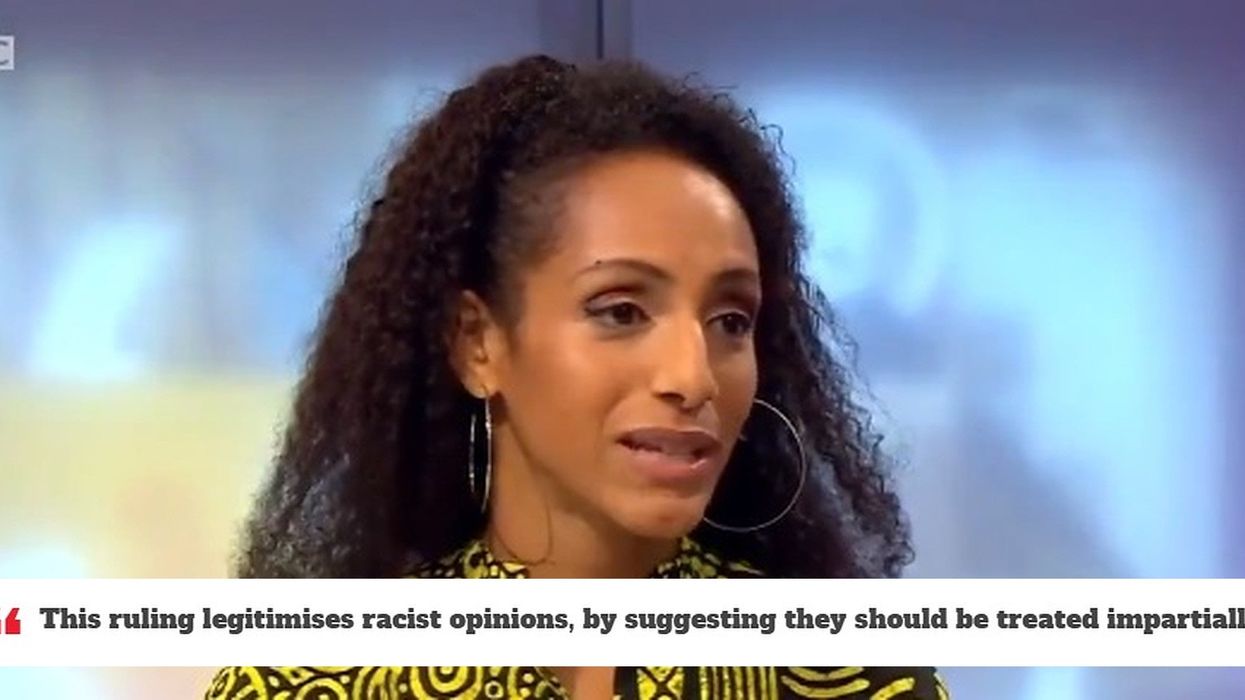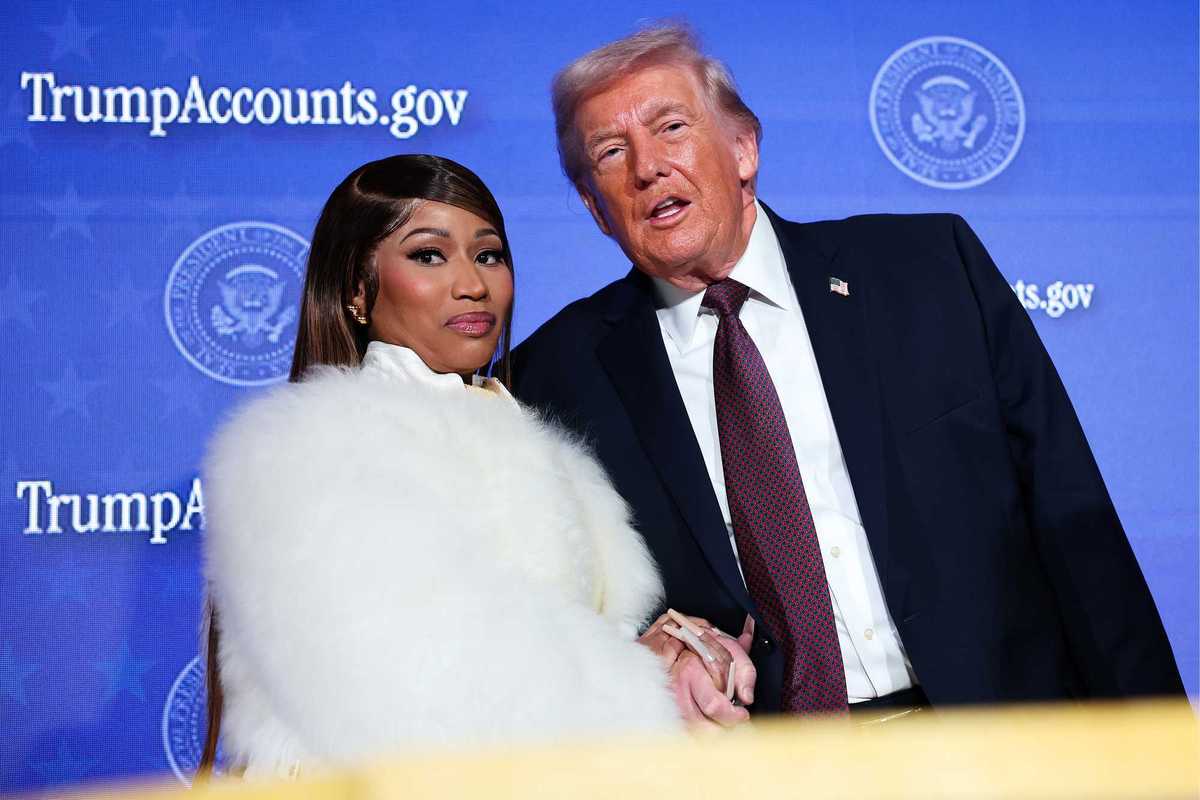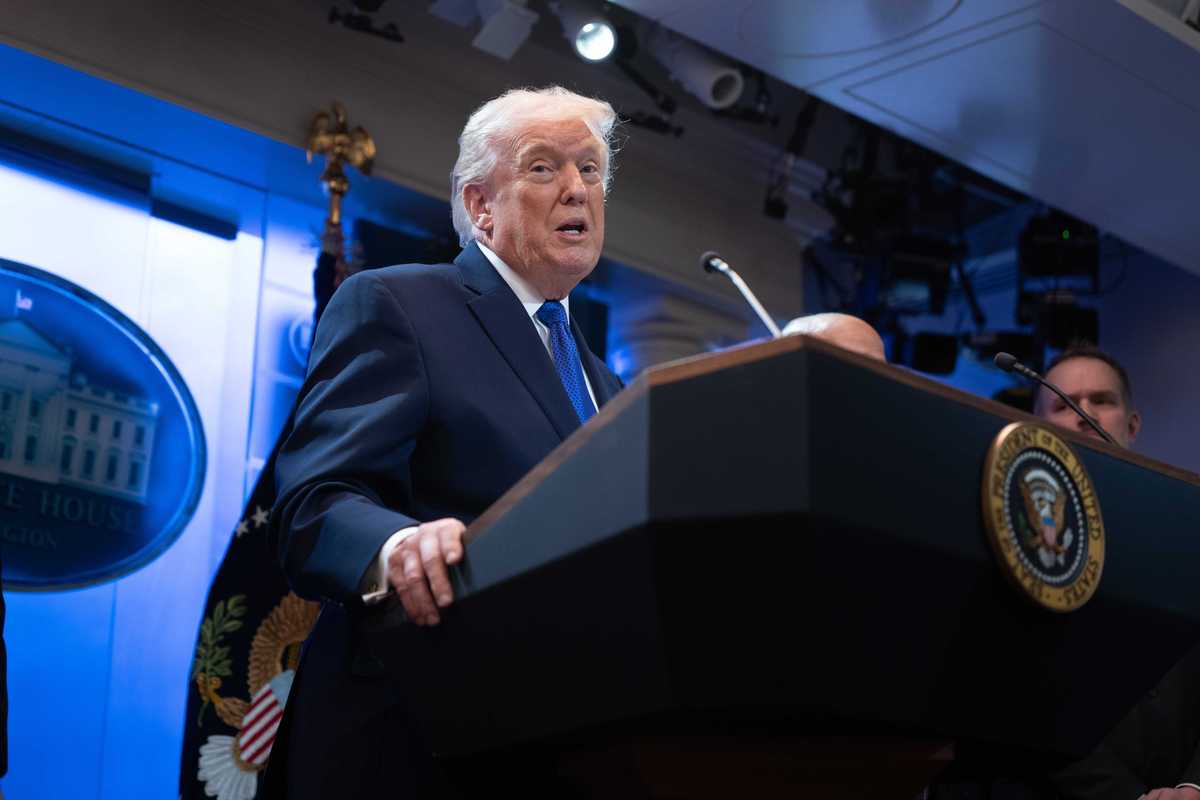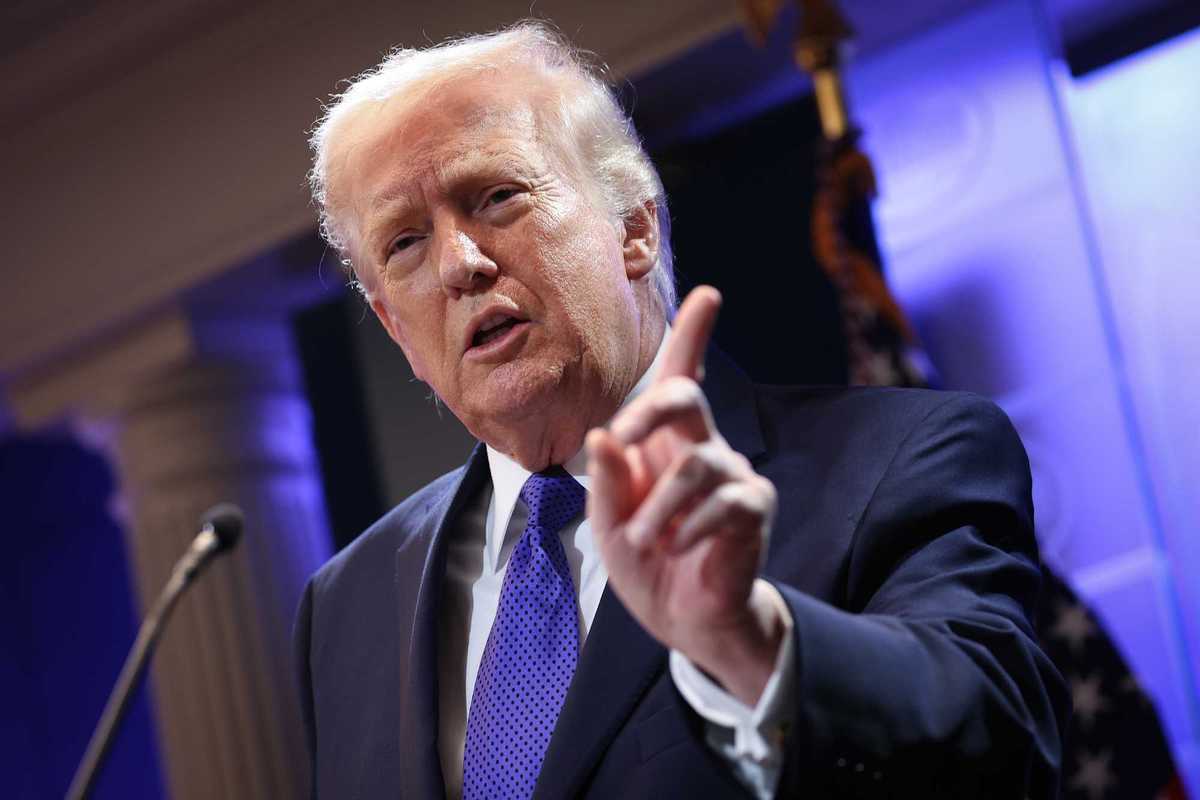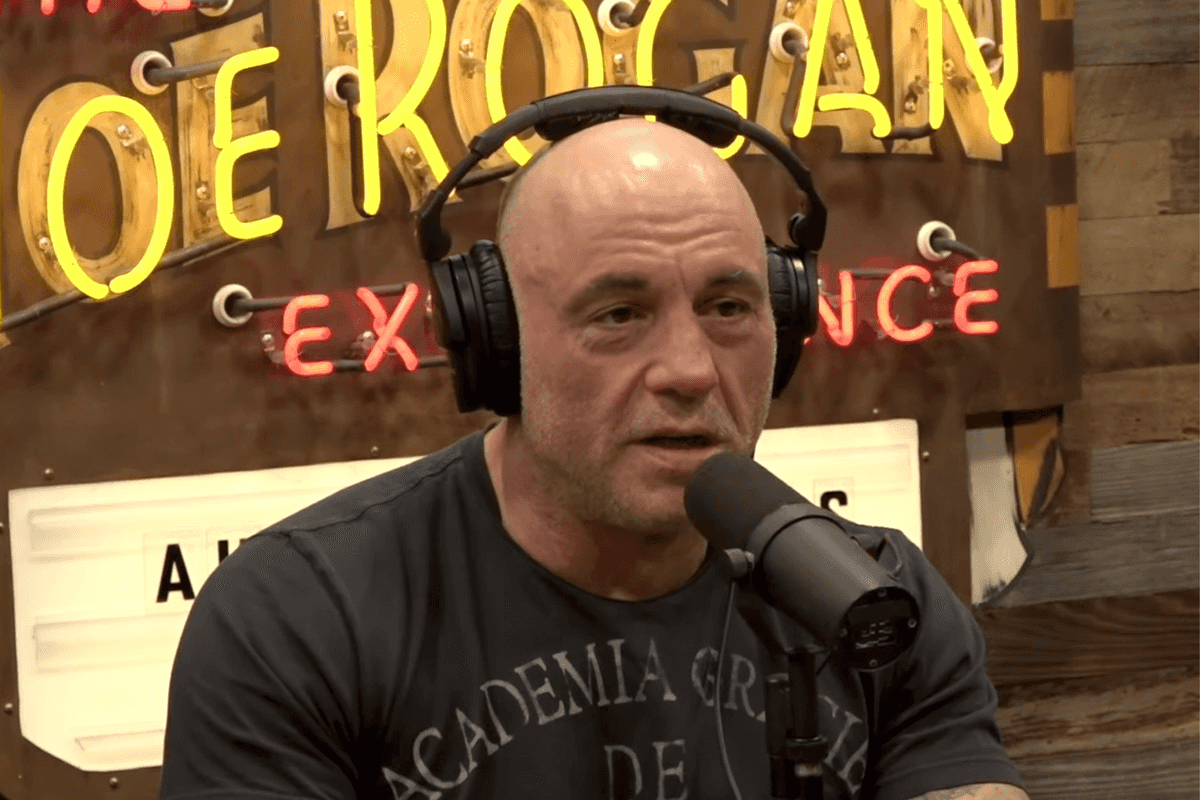In the wake of the news that the BBC has upheld an impartiality complaint against presenter Naga Munchetty, people of colour from across the media are condemning the broadcaster's decision.
The complaint relates to remarks Munchetty made about comments made by president Trump earlier this year. Following tweets which told congresswomen of colour to “go back” to the countries they came from – despite all of them being US citizens, three of which were born in the USA – a crowd at a North Carolina Trump rally began chanting “send her back”. The chants began after Trump mentioned Minnesota congresswoman Ilhan Omar, who came to the US as a refugee when she was 12.
On BBC Breakfast, Munchetty responded to the remarks, sharing her own experience experiences of being told “as a woman of colour, to go back to where I came from”.
She said:
That was embedded in racism. Now, I’m not accusing anyone of anything here, but you know what certain phrases mean.
When asked by her co-host how she felt about Trump’s remarks, she replied:
Absolutely furious and I can imagine lots of people in this country will be feeling absolutely furious a man in that position thinks it’s OK to skirt the lines by using language like that.
Following the BBC’s decision to uphold a complaint that Munchetty’s remarks breached its impartiality guidelines, people of colour who work for the BBC have published an open letter urging the corporation to rethink the idea that you can be “impartial” about racism.
One of the co-authors of this letter is author and BBC contributor Afua Hirsch. She appeared on The Victoria Derbyshire Show, making an impassioned speech that perfectly explained why the BBC have got it wrong.
She said:
This ruling legitimises racist opinions, by suggesting they should be treated impartially.
The BBC is suggesting that we take comments like this, like the ones president Trump made - which by the way were acknowledged throughout the worldwide mainstream media as racist – and not express a view.
Hirsh went on to suggest that the BBC misunderstood its own guidelines, which suggest that there are exceptions to the rule. She thinks that racism qualifies as an exception, saying:
This ruling sends the message that our presence on the BBC is conditional on us acting like we don’t have a stake in racist comments
Social media was flooded with support for both women.
Later that day, the BBC clarified that it was the way Munchetty spoke about Trump after describing her experience of racism which had breached its guidelines.
H/T: The Guardian / BBC
